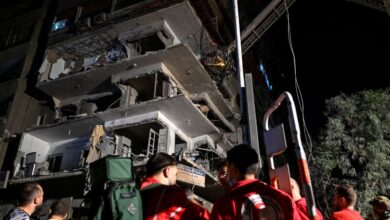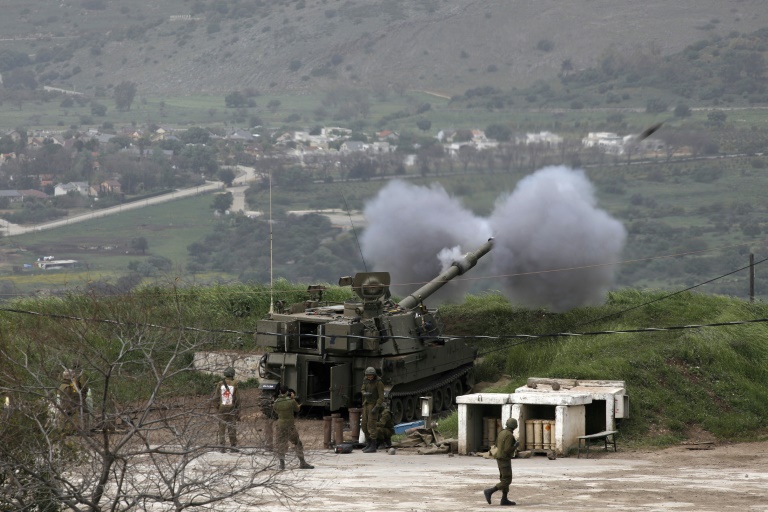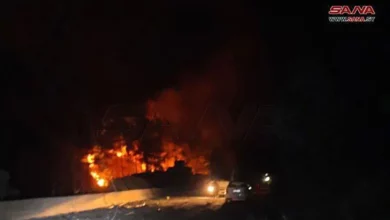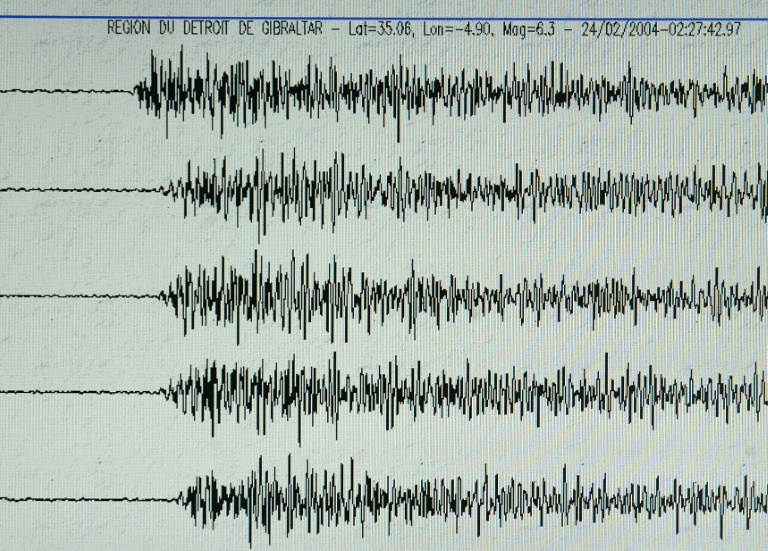
OKYO (Reuters) – A 44-year-old Japanese freelance journalist arrives home on Thursday to an uncertain welcome more than three years after militants in Syria captured and held him in what he described as a physical and mental “hell”.
Jumpei Yasuda, who quit his job as a reporter on a Japanese newspaper to cover the Iraq war in 2003, is due in Tokyo on Thursday on a flight from Turkey, rekindling debate in Japan about reporting from war zones that some see as reckless adventurism and others as courageous journalism.
“I am happy that I can return to Japan. At the same time, I don’t know what will happen from here or what I should do,” a gaunt and tired-looking Yasuda told Reuters as he traveled to Ankara from southern Turkey where he had crossed from Syria after 40 months in captivity.
He was, he added, struggling to speak Japanese.
Japanese government officials had earlier traveled to southern Turkey to confirm his identity. Prime Minister Shinzo Abe thanked authorities in Turkey and elsewhere for their help in freeing Yasuda.
His capture in Syria was not the first time he has been held by militants in the region.
Yasuda traveled to Iraq in late 2002 using his paid leave at the Shinano Mainichi newspaper where he had written about environmental problems, food safety and family issues. Frustrated that his paper wouldn’t send him on assignment there, he quit in 2003 and in 2004, on another trip to Iraq, was captured near Baghdad by militants, who held him for three days.
In a book he published the same year, he explained that he had undertaken the assignment because he wanted to show the suffering caused by the war.
“I could not see faces of people living in the country which was called part of an ‘axis of evil’ from any information provided by Japanese media, which only reported diplomatic matters and inspections by the United Nations,” he wrote.
Yasuda returned to Iraq in 2007 to work as a cook at an Iraqi army training camp and in 2010 published a book in Japan about war zone laborers.
‘Yasuda is tough’
His last trip to the region was in 2015. Apart from a few brief videos released by his captors, little is known about what happened to him after he disappeared. Other Japanese captured there have been killed.
In 2015 veteran Japanese war correspondent Kenji Goto and a friend he had tried to free, Haruna Yukawa, were beheaded by Islamic State militants. Both were lambasted in Japan for their decision to travel to Iraq.
Earlier, in 2004, a Japanese high school student, an aid worker and a freelance photographer taken hostage in Iraq were also condemned as irresponsible after their release. Japan is careful to stay out of disputes in the Middle East and tries to maintain friendly ties with countries such as Iran and Saudi Arabia that are at loggerheads.
“There was bashing before and it appears it is already happening this time,” freelance journalist Kosuke Tsuneoka, a friend of Yasuda, told Reuters in a telephone interview. “Yasuda is tough and has great mental strength. I’m not worried he will be hurt.“
As Yasuda flew to Japan, some on social media were already condemning him.
“After he returns, I want him to hold a news conference to apologize and work to pay back the ransom. I don’t need to hear his opinion,” tweeted a person with the twitter handle “kawako”.
The Japanese government has denied paying a ransom for Yasuda’s release.
“Was it really necessary to rescue him again, paying a huge amount of ransom?” tweeted another person with the Twitter handle “massa.kongo”
That kind of criticism could make it difficult for journalists to cover the region in future, according to Yoshihiro Kando, a former Asahi newspaper reporter.
“I am worried that the atmosphere becomes such that one should not go because it is dangerous and the trend is toward self-restraint,” he wrote on the website for the Association of Japanese Journalists Working in Dangerous Areas.
Additional reporting by Linda Sieg, Nobuhiro Kubo and Tim Kelly; Writing by Tim Kelly; Editing by Nick Macfie.




